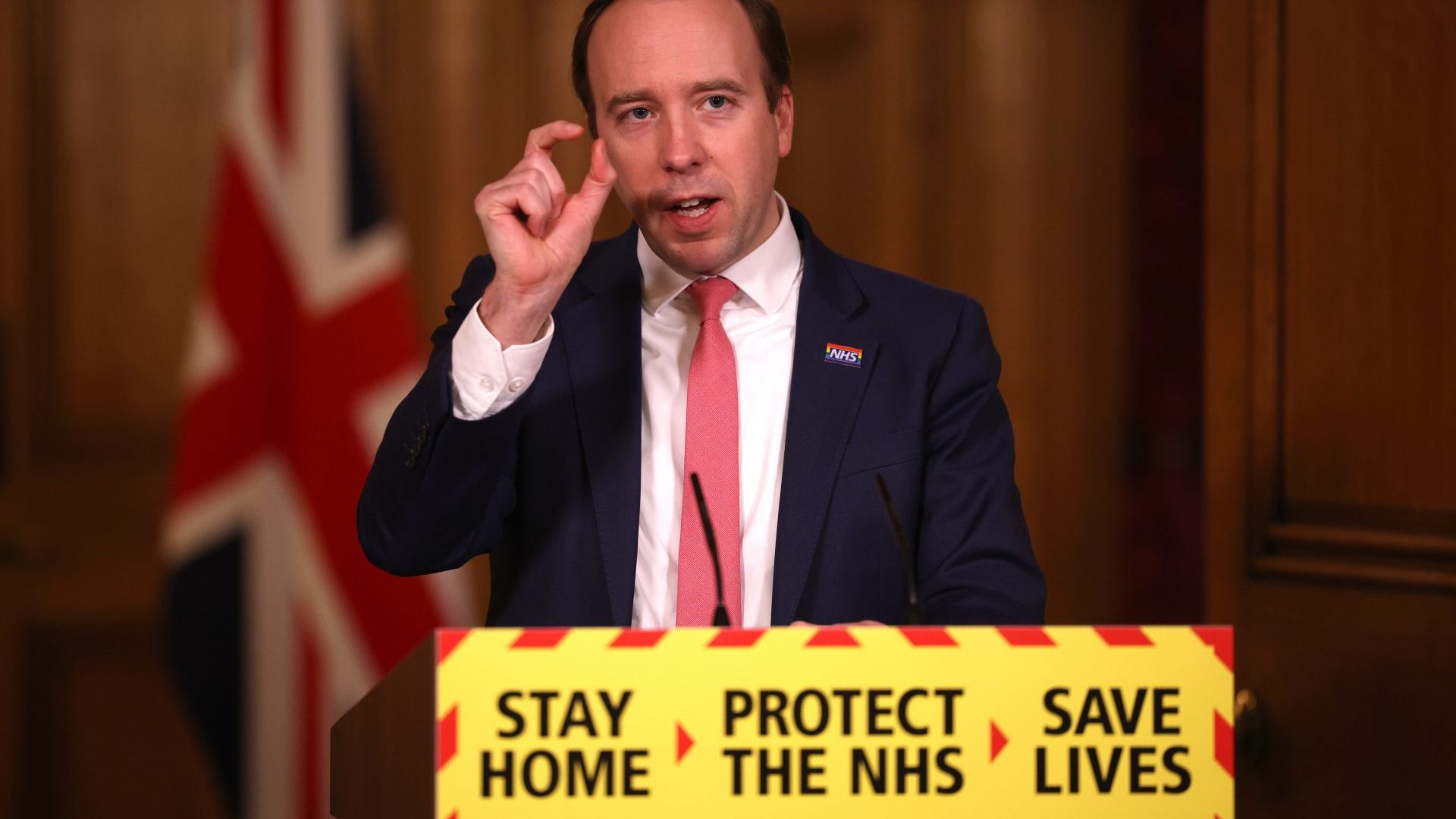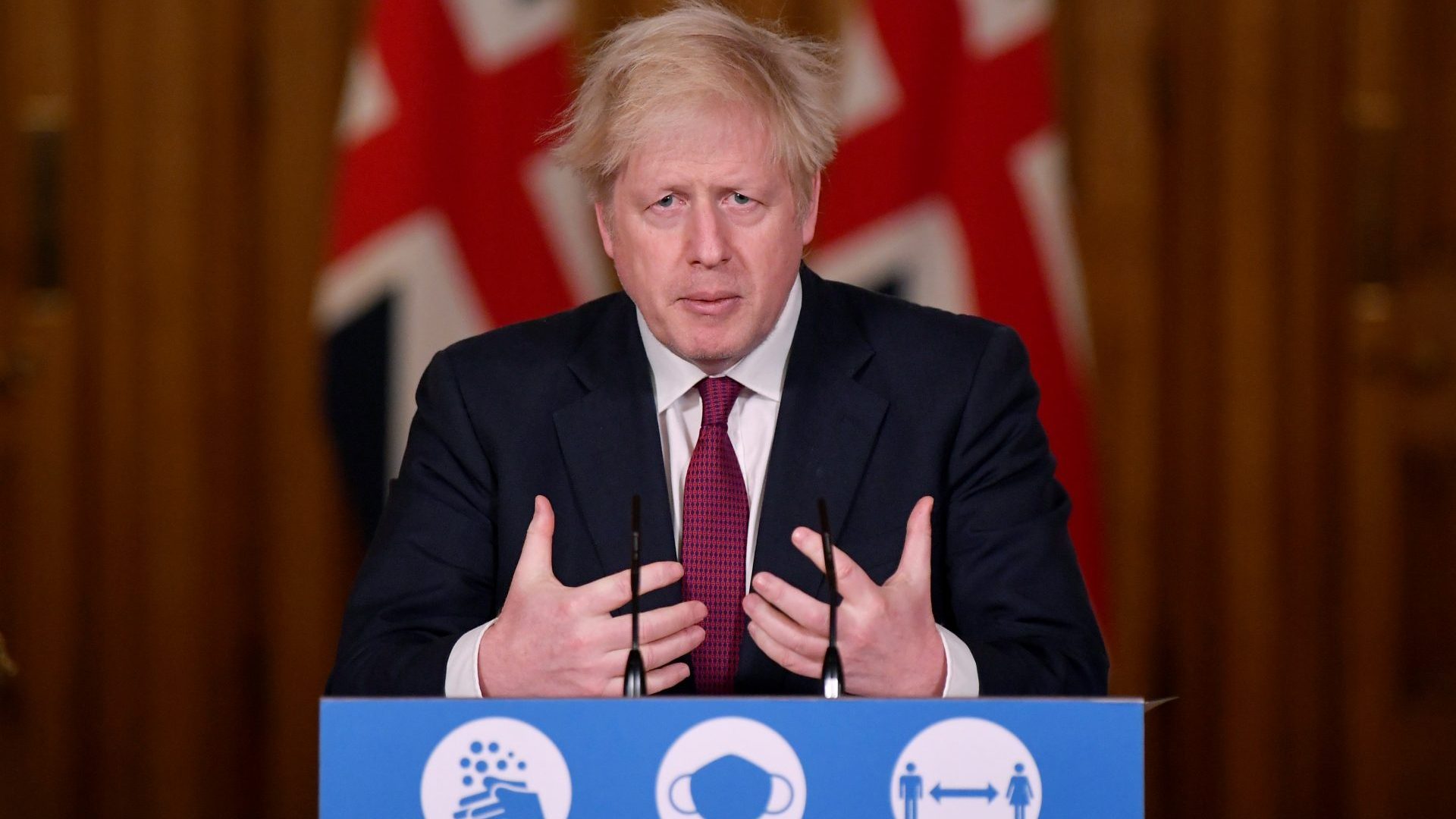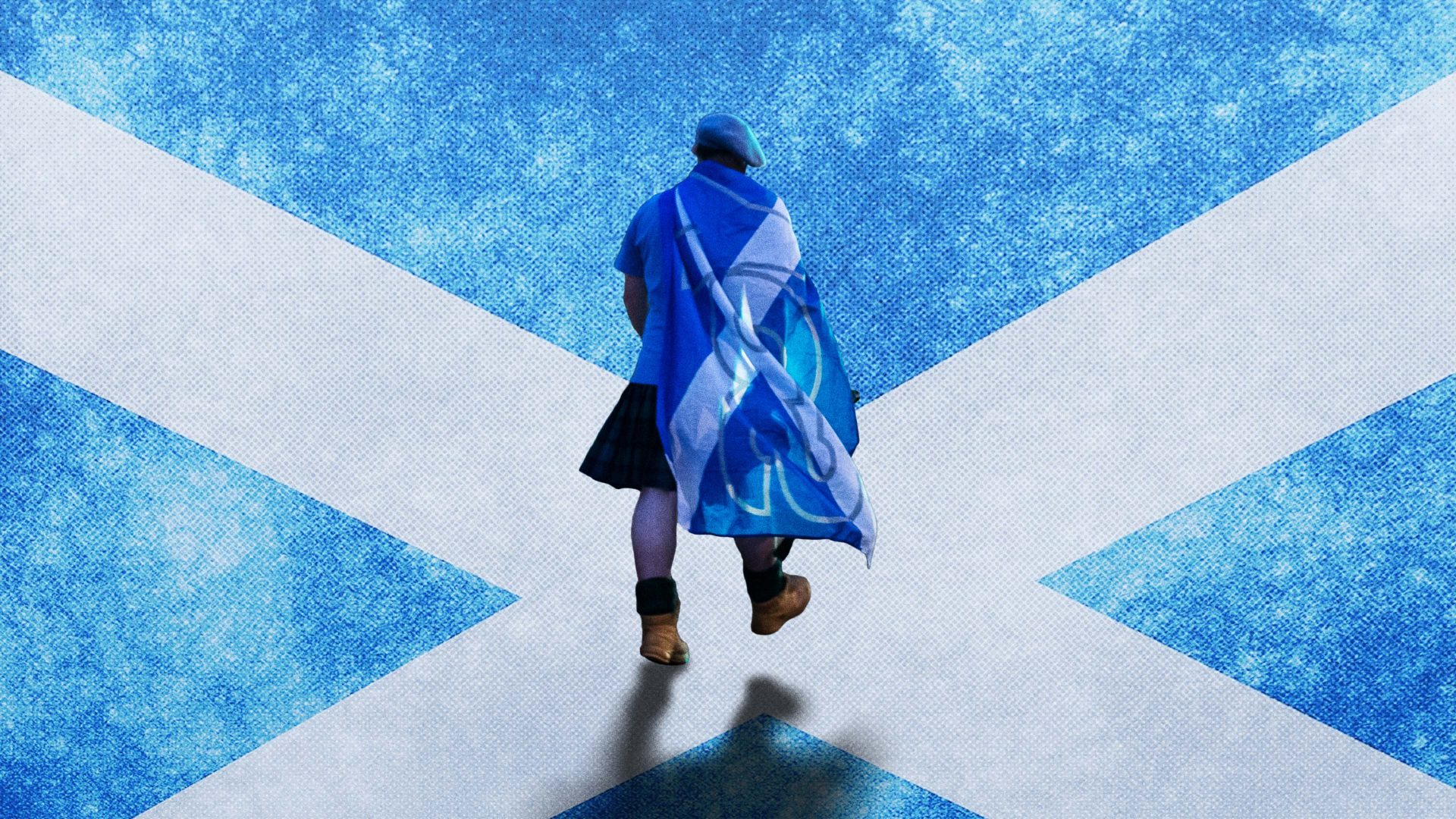The second part of the inquiry – which focuses on decision-making and political governance – has now been running since October 3, and has heard from witnesses including Dominic Cummings, former cabinet secretary Sir Mark Sedwill, Sir Patrick Vallance and Prof Chris Whitty. Matt Hancock gives evidence this week; Boris Johnson and Rishi Sunak are expected to do so in the days ahead.
So, what have we learned so far?
• The inquiry heard evidence in the first module earlier this year that the UK government’s pandemic planning was centred on a flu outbreak for which vaccines already existed, but there was minimal preparation for a different virus for which there were no jabs. Whitty, the chief medical officer, confirmed this, saying it was “pretty clear” the pandemic flu plan “wasn’t going to give us any particular help” and it was “woefully deficient”.
• A letter from Whitty to Department of Health permanent secretary Sir Chris Wormald in early 2019 showed that almost 20 workstreams on pandemic planning were paused, reduced or stopped because team members and other resources had to be shifted to focus on planning for a no-deal Brexit.
• Despite Boris Johnson having denied saying he would rather “let the bodies pile high” than impose further lockdowns in October 2020, Lord Lister, former Downing Street chief of staff and long-term Johnson ally, told the inquiry in a statement that the former prime minister did use the phrase, describing it as “unfortunate”.
• Johnson also agreed with some Tory MPs who thought Covid was “nature’s way of dealing with old people”, according to diary entries by Vallance, the former chief scientific adviser. Vallance wrote that Johnson was “obsessed with older people accepting their fate and letting the young get on with life and the economy going”.
• Whitty and his deputy, Sir Jonathan Van-Tam, were not told about the Eat Out to Help Out scheme before it was launched, the latter said. The professors’ evidence contradicted that of Johnson and Sunak, who insisted the proposals had been discussed with government scientific experts.
• WhatsApp messages from September 2020 show Prof Dame Angela McLean, Vallance’s deputy, referring to Sunak as “Dr Death” amid concern that his Eat Out to Help Out scheme was fuelling a surge in cases.
• Extracts from Vallance’s diary showed that Johnson found it “a real struggle” to understand certain graphs. One entry said the prime minister was “bamboozled” by modelling, while another said Johnson failed to understand ideas that had been put to him six hours earlier.
• Johnson also asked government scientists whether people could kill Covid by using a “special hairdryer” up their nose, Cummings claimed. He said Johnson shared a YouTube clip of a man using such a device with Whitty and Vallance.

• The prime minister’s wife, Carrie, was described by the head of the civil service as “the real person in charge” in WhatsApp exchanges between senior figures. Simon Case also said the government was looking like a “terrible, tragic joke” and that he “cannot cope with this” in apparent frustration at how the pandemic was being handled.
• The inquiry was shown a letter signed by Van-Tam, Vallance and Whitty to Case in May 2020 that warned Johnson that the “totality” of lifting lockdown restrictions across society meant there was a “severe risk of a second wave” and that “there is a significant risk that we will only recognise we might lose control of the disease when it has regained appreciable momentum”.
• The inquiry also revealed misogynistic comments from Cummings, along with his foul language. In expletive-laden WhatsApp messages Cummings called the then-deputy cabinet secretary, Helen MacNamara, “that c***” and said he would “handcuff her and escort her” from Downing Street.




